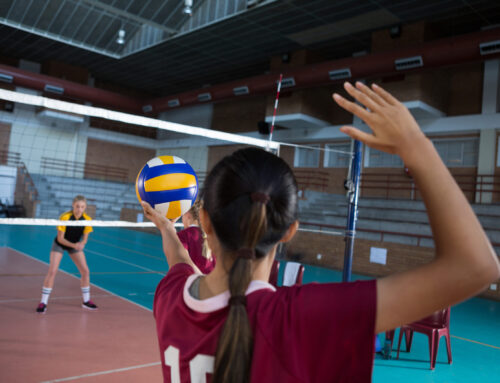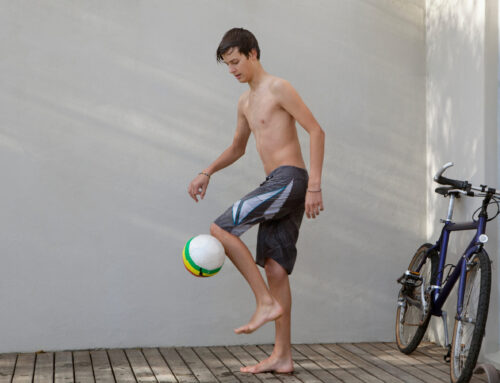As a fitness trainer with a passion for helping people achieve their health and fitness goals, one question I frequently encounter is, “When should children start lifting weights?” It’s a crucial and valid concern that parents, caregivers, and young athletes often have. In this article, I aim to provide a comprehensive overview of the factors to consider when deciding if and when a child should start resistance training.
Understanding Resistance Training for Children:
Resistance training, commonly known as weightlifting or strength training, involves exercises that use resistance to build strength, muscle mass, and overall physical fitness. In adults, it is a well-established practice to enhance athletic performance, prevent injuries, and promote overall health. However, when it comes to children, the guidelines and considerations are different due to their unique physiological and developmental characteristics.
Physiological Factors to Consider:
- Biological Age: Biological age, which refers to the physical maturity of a child’s body, plays a significant role in determining their readiness for resistance training. It is not solely dependent on their chronological age but rather their skeletal and muscular development. A child who has gone through puberty and reached a certain level of maturity may be better equipped to handle resistance training safely.
- Growth Plates: Growth plates are areas of developing cartilage located near the ends of long bones in children and adolescents. These plates are essential for bone growth and development. Engaging in heavy resistance training before growth plate closure can potentially lead to injuries and hinder proper bone development. Therefore, it is crucial to ensure a child’s growth plates are fully developed before beginning weightlifting.
- Motor Skills: Before engaging in any form of resistance training, a child should possess adequate motor skills and coordination. Proper form and technique are vital to prevent injuries and promote proper muscle development.
Psychological and Emotional Considerations:
- Interest and Motivation: Encouraging children to participate in any form of physical activity should be rooted in their interest and motivation. It is essential to create a positive and enjoyable environment for them to develop a lifelong love for exercise.
- Responsibility and Discipline: Resistance training requires a level of discipline and responsibility to follow instructions and perform exercises safely. Children should demonstrate maturity and an understanding of the importance of following guidelines to minimize the risk of injury.
- Realistic Expectations: The focus of children’s exercise routines should primarily be on overall physical fitness, skill development, and having fun. Unrealistic expectations and pressure to excel in weightlifting can lead to stress and a negative impact on their well-being.
Guidelines for Safe Resistance Training:
- Supervision: Children should always be supervised by a qualified fitness professional who has experience working with young athletes. Proper supervision ensures exercises are performed correctly and minimizes the risk of injury.
- Age Recommendations: While there is no one-size-fits-all answer, a general guideline is to consider introducing resistance training around the age of 13-15 for most children. However, this can vary based on individual factors and should be discussed with a healthcare professional.
- Light Weights and Proper Technique: Emphasize the use of light weights or bodyweight exercises initially and focus on teaching proper form and technique before progressing to heavier loads.
The decision of when a child should start lifting weights is a complex one that requires careful consideration of various physiological, psychological, and emotional factors. Ensuring proper readiness and adequate supervision are paramount to creating a safe and beneficial experience for young individuals interested in resistance training. Remember that exercise should be an enjoyable and empowering experience, encouraging children to develop healthy habits that will last a lifetime.




